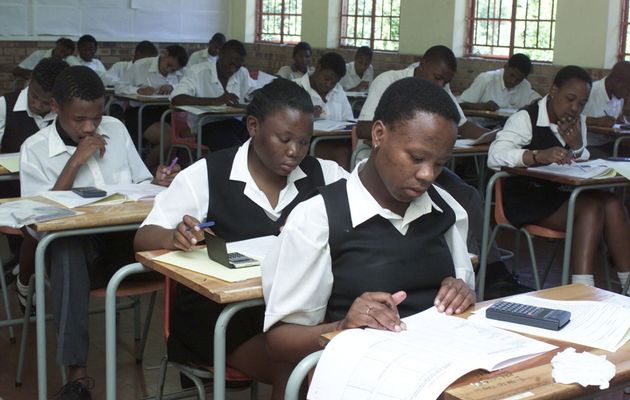by Bevan Musoko
Following persistent incidents of leakages of examinations questions at the country’s examinations body, the Zimbabwe Schools Examinations Council (Zimsec), the organisation has embarked on a number of initiatives to minimise the recurrence of such leakages which have eroded public confidence in the students’ assessments.
Zimbabweans may remember the infamous confusion that rocked the writing of the English Language Paper 2 in November 2017, resulting in a High Court order that barred Zimsec from staging a re-write of the paper following allegations of widespread leakages.
The Ministry of Primary Education subsequently intervened and sent on forced leave Zimsec top management led by Esau Nhandara, Deputy Director, John Maramba together with Assistant Directors responsible for Examinations Administration, Vutelani Mguni, Information Systems, Victor Kadenge, Finance, Zipora Muzenda and Test Development, Research and Evaluation, Ellen Machingaidze. This was meant to pave way for a systems audit of Zimsec operations to identify operational deficiencies. The audit is currently underway.
Zimsec Public Relations Officer, Nicky Dlamini, could not be drawn to provide details on the Zimsec initiatives, save to confirm that the new management led by Dr Lazarus Nembaware had embarked on various initiatives to revamp the organisation’s operational systems.
Sources within Zimsec, however, disclosed that the organisation’s staff from the Harare Head Office is currently out in the provinces monitoring whether examination centres are complying with this and its other regulations on examinations administration. The exercise coincided with the writing of the June-July 2018 examinations. The staff is also conducting awareness campaigns among students, conscientising them on the expected security of examinations papers when they are opened at the beginning of each examination session. Further, Zimsec has directed that no examination questions and written scripts should be stored at respective writing centres before and after the writing of an examination. It has directed that all papers would be collected and returned to cluster centres for safe keeping for onward collection by roving Zimsec personnel.
To operationalize this arrangement, all examinations are now starting at 9 am to cater for the collection of questions papers from cluster centres on a daily basis. This, however, calls on relevant education authorities to capacitate all examination centres with resources for implementation of this system.
Previously, Zimsec used to rely on a core group of teachers per subject to set, proof-read and vet examination questions. This had inadvertently resulted in the creation of a sort of cartel of teachers who monopolised the processes. Some of these teachers were suspected of having had a hand in the leakages. Zimsec has had to adopt a new system through which new teachers are recruited for these processes on a yearly basis. Zimsec has already held several training sessions with the new teachers to capacitate them for the processes. It is envisaged that the new system will create new capacity for operational efficiency.
Zimsec has also introduced a three-tier examinations security system through which offices keeping examinations’ materials are secured by three different locks, whose keys are kept by three different officials.
Zimsec is also working to operationalize its printing press in Norton which would bring to an end the practice of sub-contracting Fidelity Printers for printing examination papers. Currently Zimsec prints June examination papers in Norton but sub-contracts printing of November papers, due to large volumes for the November examinations.




